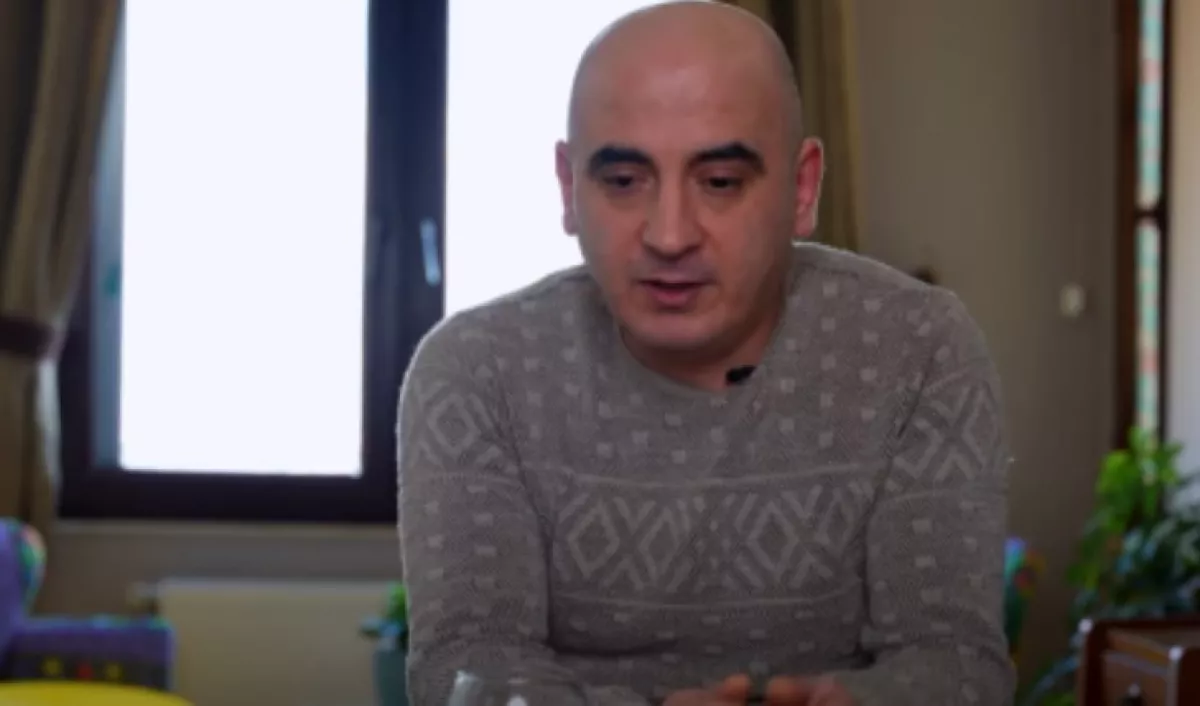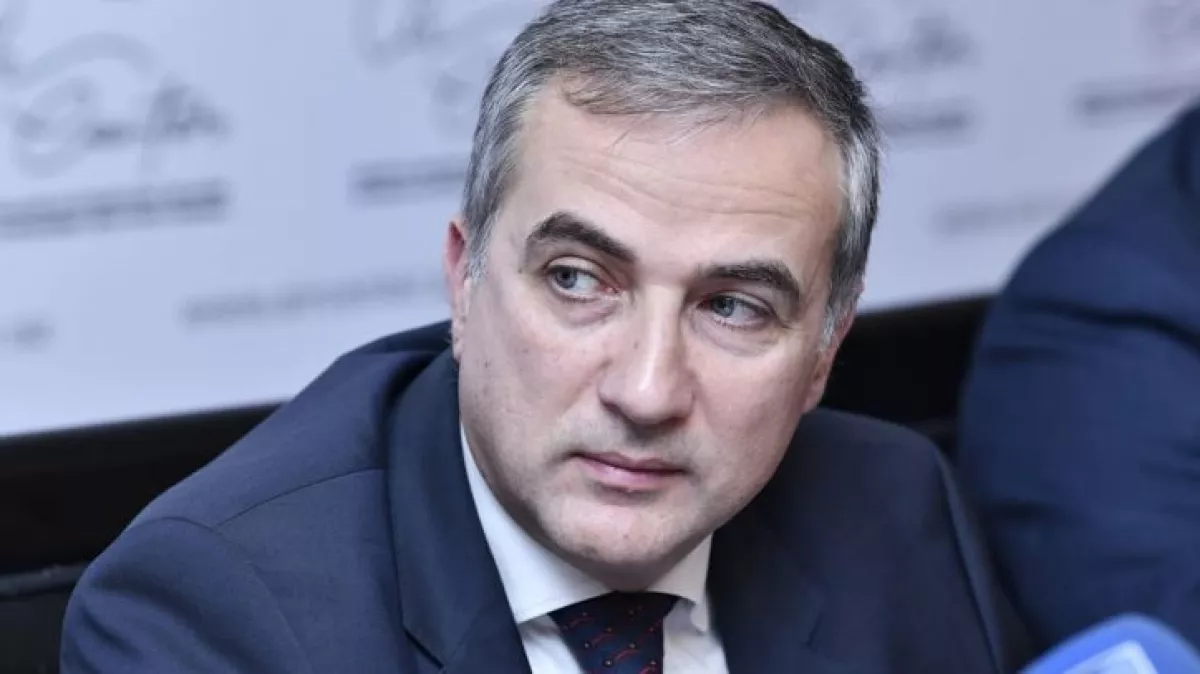The political agony of Vartan Oskanian Karabakh nostalgia or political survival? Experts weigh in
Former Armenian Foreign Minister Vartan Oskanian has accused Nikol Pashinyan of diplomatic, political, and military-political ignorance that, in his view, led Armenia to the loss of Karabakh.
As reported by News.am, Oskanian stated: “Now Pashinyan wants to close this issue once and for all and erase it from our memory. To achieve this, he has been tasked with four objectives: to amend Armenia’s Constitution, withdraw all lawsuits from international courts, dissolve the Minsk Group, and worsen the situation of the Karabakh people to such an extent that they leave Armenia.
All of this is being openly discussed by Pashinyan and members of his government. We must not allow the Karabakh issue to be closed. We must show both the authorities and the international community that this matter is not over for us, and that the Armenians of Artsakh must return to their homeland.”
What is Oskanian trying to achieve with such statements? Do they not contradict reality? What does this kind of rhetoric from a representative of Armenia’s former ruling elite indicate? Caliber.Az asked well-known analysts to weigh in.

Armenian analyst and publicist Ishkhan Verdyan believes that Vartan Oskanian has good reason to be concerned, as he himself was one of the architects of the “Artsakh” ideology and did a great deal to promote it.
“Now his entire career is in question, and his actions during the time he headed Armenia’s Foreign Ministry may be subject to reevaluation,” the expert explains.
He is convinced that by making such statements, Oskanian is trying to shield himself, using sacral language and playing on people’s emotions.
“This is a very serious crossroads,” Verdyan continues, “because the people of Armenia might well show Oskanian that the so-called ‘Artsakh’ is not as valuable to the average Yerevan resident as he might think. And right now, by the way, everything seems to be moving in that direction.
As for Oskanian himself, it’s worth noting that he is a deeply discredited figure in Armenian society, and his words no longer influence public sentiment in Armenia. That’s why his political agony seems particularly symbolic and even epic. Personally, I believe Oskanian doesn’t stand a chance,” Verdyan concludes.

Farid Shafiyev, Director of the Centre of Analysis of International Relations and a diplomat, noted in turn that such statements are not exclusive to Oskanian.
“There are other figures in the opposition who regularly make similar speeches against Pashinyan. They believe he is ‘surrendering’ Armenia’s positions. Armenian experts I know say that Oskanian does not enjoy any particular personal authority. Yes, he served as foreign minister under Kocharyan, but Kocharyan himself is also not widely popular.
However, such sentiments do exist within Armenian society—among people with a revanchist mindset. Their thinking is: forget everything else and focus only on revenge. And then there is a second type of revanchist—those who understand that Armenia can’t do anything at the moment, but believe it should try to preserve certain fallbacks so that in 20–30 years it can return to the issue. One such fallback, of course, is the preservation of the OSCE Minsk Group.
The second—and far more serious—fallback, in their view, is the use of international courts, meaning the possibility of pursuing rulings against Azerbaijan through legal mechanisms. The idea is that if any favourable decisions are issued for Armenia, it can always refer back to them in the future.
Our approach has been to mutually withdraw legal claims in international courts. This was actually our initiative, despite the fact that Azerbaijan has far more grounds to continue seeking justice through international legal channels.
People here often ask: what about compensation, and legal claims against Armenia’s unlawful actions? But the fact is, if we continue to pursue all of this in the legal arena, then peace simply won’t happen.
It’s naive to think that we can sign something, and then continue to fight a legal war in parallel, and somehow that will bring us closer to a real peace,” Shafiyev stressed.








